 Theology runs in my family. I think it’s in our DNA. Recently my two seminarian nephews attended an academic conference on the Dead Sea Scrolls. Simultaneously, over a thousand miles away on a California freeway, the same subject captured the imagination of my niece’s four-year-old son. (See, I told you it’s in our DNA.)
Theology runs in my family. I think it’s in our DNA. Recently my two seminarian nephews attended an academic conference on the Dead Sea Scrolls. Simultaneously, over a thousand miles away on a California freeway, the same subject captured the imagination of my niece’s four-year-old son. (See, I told you it’s in our DNA.)The Hebrew word “hesed” is a beautiful word that appears three times in the Book of Ruth. In a very real sense, this word drives the action and holds the key to unlock the gospel-rich message of the story. All three leading characters—Ruth, Naomi and Boaz—are hesed-givers.
“Submission” doesn’t show up at all in the Hebrew text of Ruth. But traditional interpretations portray Ruth as deferential and passive and have attached this label so stubbornly to her that she has become something of an icon of the submissive woman.
Both words gave me a lot of trouble. Then I realized that conventional definitions of these terms drain them of meaning and are as wide of the mark as “squirrels” are from “scrolls.”
No English word exists that adequately expresses a hesed kind of love. Bible translators offer us a smorgasbord of choices: loving-kindness, loyal love, kindness, mercy, or just plain love. But none of these words—either alone or combined—come close to capturing the rich potency of hesed.
Submission carries all sorts of negative connotations for many women. It often implies subservience and has become a handy tool for breaking unpleasant marital deadlocks. In a world where violence and oppression against women are rampant, it’s a very tricky business to counsel women to yield to the will of men. Everyone is concerned about the abuses, and scholars go to great lengths to apply this clear biblical command in healthy and positive ways.
An added difficulty for me was the fact that, although Ruth obviously respects both Naomi and Boaz, she stubbornly resists Naomi’s directives to return to Moab, and Ruth’s shocking proposals to Boaz break all the rules of properly submissive feminine conduct. Instead of a demure, deferential woman, Ruth is strong, gutsy, and courageous, and consistently takes the initiative with Boaz. Her behavior doesn’t line up with what I’ve always been taught about submission.
What helped me to deepen my understanding of these important words—hesed and submission—was to throw out Webster’s Dictionary and consult instead the dictionary according to Jesus. Under Jesus’ tutelage common everyday words like “neighbor,” “mother and brothers,” “lust,” “meekness,” and “prayer” take on richer meaning and mushroom in scope. Our human dictionary tends to narrow, downsize, and even trivialize the meaning of biblical words. Our understanding seems embarrassingly puny next to Jesus’ robust definitions. Jesus stretches us and takes us to a radical counter-cultural way of relating to others.
Hesed and submission are not soft words. They are attributes of Jesus that every one of his followers—female or male—is called to emulate. Neither hesed nor submission are about “giving in” to the whims and wishes of others. Both are all about “giving out” from the completeness we have in Jesus and our passion for His kingdom. Ruth, Naomi and Boaz embody both of these words as they freely make thoughtful, determined, costly sacrifices for each other. Together they cause the light of the gospel to shine brightly from the pages of the Old Testament.
Jesus calls us to live dramatically different lives than the rest of the world. Not “kinder and gentler.” Radically different. We’ll be talking “squirrels” instead of “scrolls” unless we let Him define His own terms.




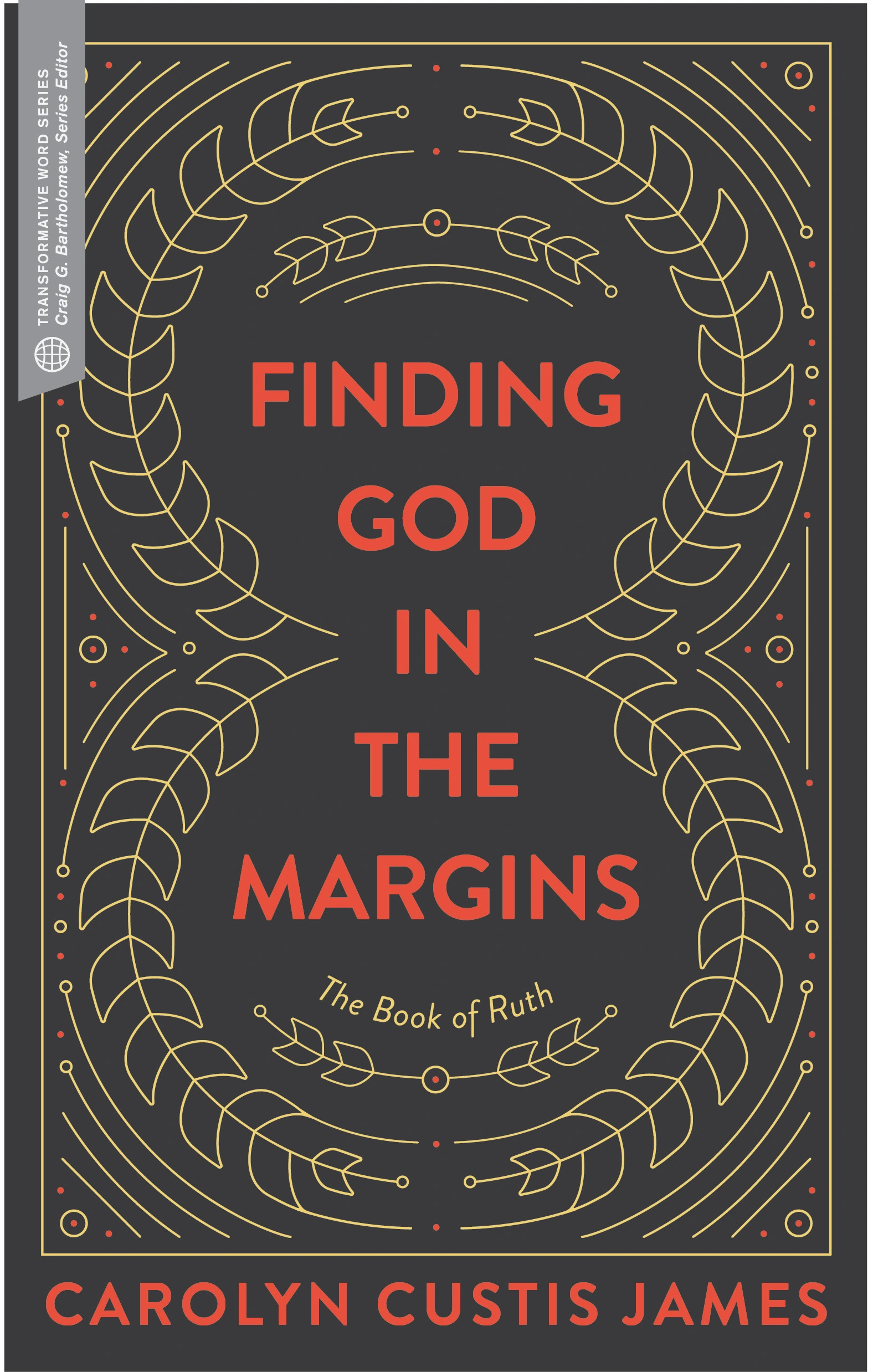
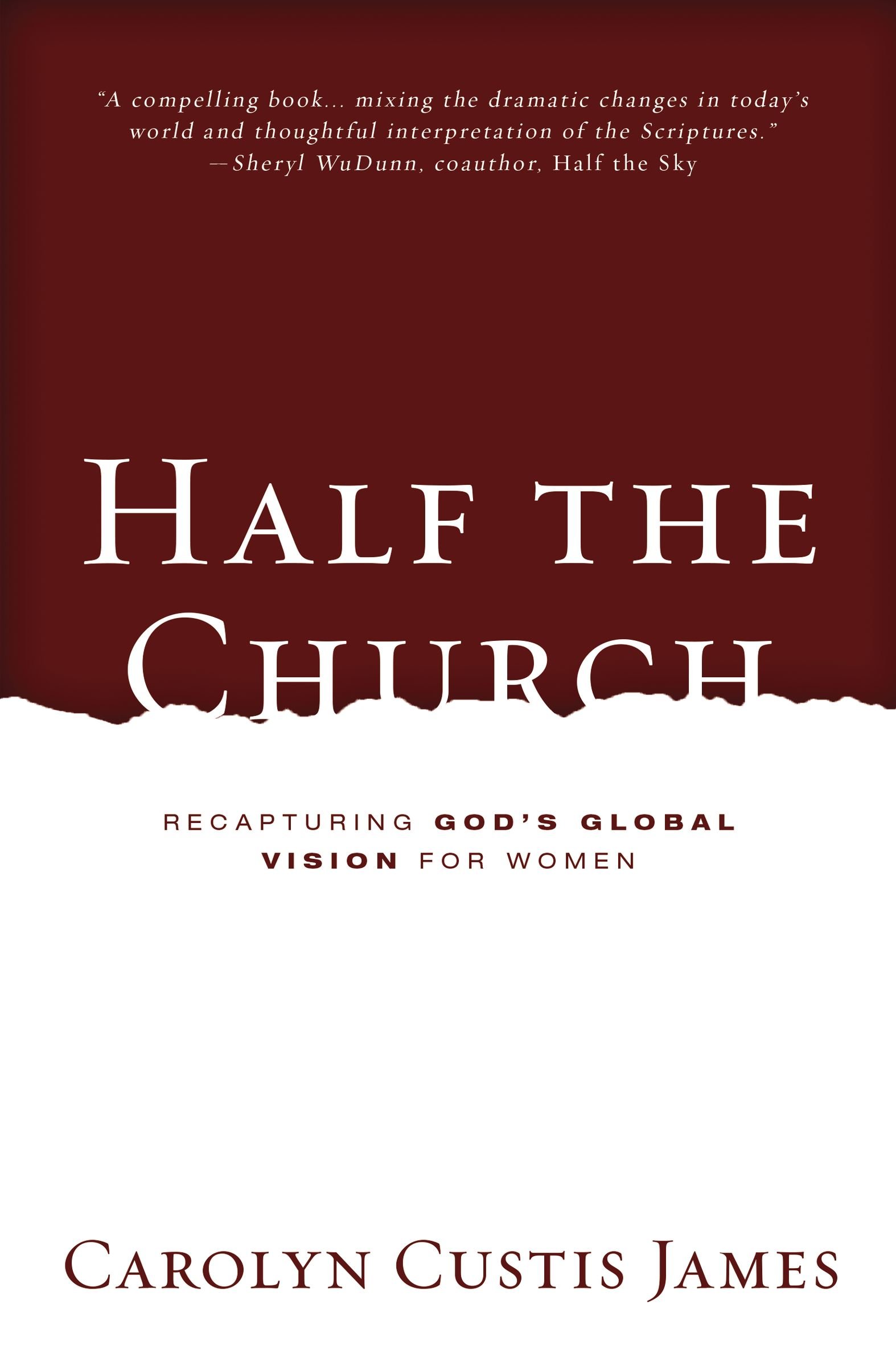
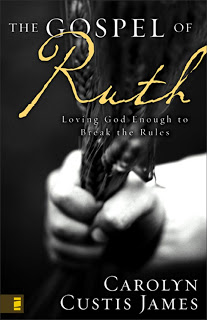
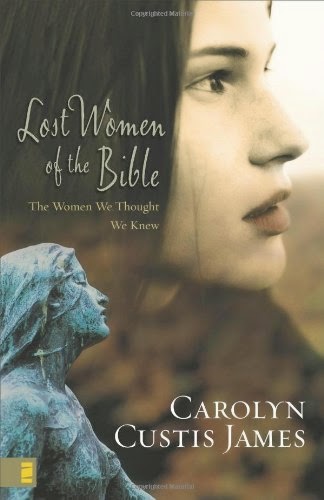






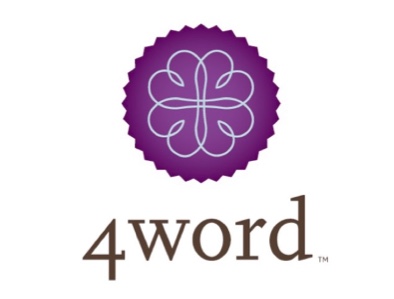
Beautiful word pictures! Can’t wait to read your new book, Amanda
LikeLike
Thanks, Amanda. I can’t wait for <>The Gospel of Ruth<> to be available!Carolyn
LikeLike
Hi Carolyn~ It’s Judi Wampler from Evansville. I was not able to get to the speaking engagement you had at Taylor University earlier this year, but I am going to try to make the retreat in Nashville! I’ve missed your newsletters until last month and it is good to be receiving them again. I am going through a doctrine class for women at our church using Grudem’s “Bible Doctrine”. I’m finding that God has been very gracious to me in that I’ve learned all of these doctrines from a child in the preaching/teaching He has put me under! Praise Him! But it is good to see them from this perspective also. I’m working through Francis Schaeffer books and am awed with our God! He IS there and He is NOT silent! How gracious He is to give us His written, living Word. Forgive for my rattling on. I’ve given both of the first two books of yours away to others so I will be ordering more, especially the soft cover and eagerly await Ruth. I would like to get the commentary also. MAY THE WORK OF OUR HANDS BRING GLORY TO OUR FATHER TODAY! Judi
LikeLike
Judi,I’m always glad to hear that women desire and are making the effort to know God better. It’s especially encouraging when that desire goes beyond simply knowing <>about<> God and translates into who we are becoming, how we live every day, and what we count on when we’re struggling. Knowing God changes everything!Blessings on your studies, and I hope to see you in Nashville!Carolyn
LikeLike
I teach submission and part of the teaching is to toss out preconcieved notions of doormat styled weakness. Submission is not for the faint hearted or weak. It takes the strength of Christ to be a submissive woman. Debbi
LikeLike
Debbi,I hope you’ll read <>The Gospel of Ruth<> when it comes out. In it, I explore submision and show it to be much deeper and more profound than even the best definitions we give it. Consulting the dictionary according to Jesus, doens’t simply modify or improve on our understanding of this important biblical concept. Jesus completely transforms our thinking on submission.Because submission is an attribute of Jesus, <>every,<> Christian (even men) who desires to acquire likeness to Christ will cultivate this sacrificial dimension in relationships with others. This one fact puts our thinking about submission on a completely different trajectory.We’ve reduced submission to an event, a tie breaker, a way of keeping the peace in marital relationships, a quality that women need and men should expect of us. The apostles guide us to a <>lifestyle<> of submission/sacrifice with <>redemptive<> purposes in relationships with unbelievers and <>union<> as the goal among the followers of Christ. Carolyn
LikeLike
Carolyn,Thanks f’or the response!I agree- the fact that submission is a characteristic of Jesus takesit to a whole new level. Since gaining Christ’s character IS thesanctification process, both men and women have much to gain throughdeveloping a submissive spirit. Embacing this will change your lifeand relationship with God, not just your marriage (although that willchange dramatically too and is a good place to start)I will look for the book when it comes out. By the way, I have alwaysconsidered Ruth a submissive soul, displayed by her faith in God andher actions rooted in that faith. I am interested to see what theHoly Spirit has taught you through the scriptures. I am sure it willbroaden my understanding and I will anticipate being blessed by yourteaching.Debbi
LikeLike
Wonderfully stimulating read on Jesus. http://transubstantiation.wordpress.com/Zak
LikeLike
Caroly, am so glad to recieve the latest Ezer Report and the update on all of you – I’ve missed it. Can’t wait to read “The Gospel of Ruth” – Hope all is well with you and your family – Give my love and regards to your Mom and Dad. Debbie Allred, DebbieAll
LikeLike
Carolyn, Thank you for your fresh thinking. I think that there is yet another word that we allow Webster, rather than Jesus, to define: authority. We see “authority” and think we know what it means: being in charge, or getting one’s own way. Yet Jesus spoke directly against the power-focused definition of authority, and did not Himself wield His (rightful) authority in that manner. It does not answer all the questions, but it does alter the discussion.Margie
LikeLike
Margie,Yes, <>authority<> is another concept we need to reexamine by studying the Dictionary According to Jesus. The more we examine our definitions under the light of Jesus and his teachings, the more we’ll begin to grasp how following him utterly changes us us and how we live in this world.
LikeLike
Great post. Squirrels and even the trees of the field have a gospel to tell.
LikeLike
The Bible is its own dictionary in the sense that it gets to define/refine the meaning of words and its definitions trump the lexicons. Gospel of Ruth sounds interesting.
LikeLike
Cannot wait to read 'The Gospel of Ruth'- and I am so glad to see someone taking up the cause of definitions of the (original) biblical words, and how they apply to us today, in the real sense-not in the interpretation or the translation of the word.
LikeLike
Pingback: The Underlying Belief System of Spiritual Abuse | Carolyn Custis James